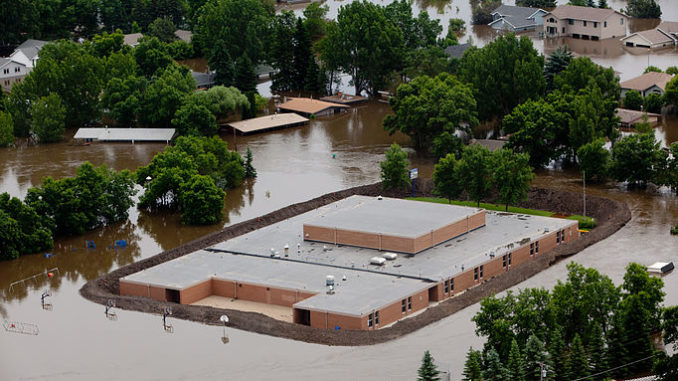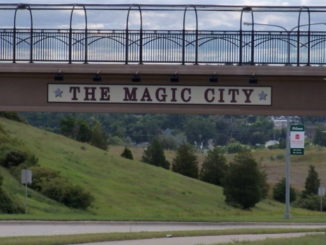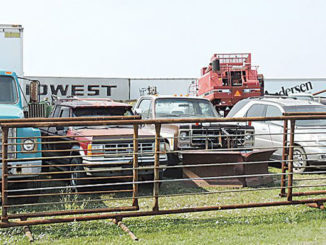
Yesterday the Bismarck Tribune reported that Ward County is giving the City of Minot $5 million towards buyouts of properties affected by the 2011 flood. According to the Tribune:
“The city is running short on funds to continue its own acquisitions and appealed to the county for excess money the county received from the state for property buyouts. The commission approved the transfer on Tuesday.”
The Souris River flood that displaced over 11,000 people was unquestionably devastating. And because of a community that banded together then and since, the recovery has been quite impressive.
The economics of Minot’s flood are significant. The $5 million from Ward County is just a fraction when compared to the big picture. The city “has purchased or is in the process of acquiring $23 million in properties”. The damages caused by the flood were estimated to be around $700 million.
The article in the Bismarck Tribune has caused me to wonder– Should we stop building communities in flood zones? And that could be followed by a far more controversial question– Should we stop bailing out flooded communities with tax dollars?
I’m fully aware that the latter question will lead some to call me heartless– among other unsavory things. But before some of you start flinging the unsavory labels my way, please know that I too own a home and other properties in a flood zone. So it’s not as if I’m suggesting something for others that wouldn’t potentially affect me.
I want to be very clear. I’m not saying that people shouldn’t be allowed to build in flood zones. I’m not saying that at all. As someone who believes in private property rights, I believe people should be able to purchase and live on property wherever there is a willing seller and willing buyer. And no government should prohibit such purchases– though there are places in the United States that do prohibit building in flood zones through zoning ordinances.
What I’m saying is that when we intentionally build homes and communities in areas that we know have the potential to be devastated by flooding, we shouldn’t expect the government to save us when that flooding occurs.
There was a time when many communities had to be along waterways. After all, that was how many goods and services were delivered to those communities. But with the advances of technology and transportation in the delivery of today’s goods and services, it’s simply no longer a necessity that communities be built in such places.
Furthermore, on a federal level there is no constitutional authority for the Federal Emergency Management Agency (FEMA). It was created by none other than President Jimmy Carter in 1979 through Executive Order.
In an interview in 2011, Senator Mike Lee (R – Utah) addressed the issue of federal disaster relief and his belief that it’s unconstitutional:
“…I generally make a practice of not unnecessarily and futilely going back a few years and saying we shouldn’t have done that because the fact is that we did. But looking forward…states will prepare differently if they understand that it’s their responsibility rather than that of the federal government.”
As you can obviously see, Senator Lee was speaking specifically about the role of the federal government. I’m going a bit further myself in questioning whether any government funding should be dispersed at all. Nevertheless, the same principle applies that people would prepare differently if they realized it’s their responsibility not the governments.
Could it be that it has become an expectation of some communities that they will get bailout money in disasters like these?
Do such funds actually cause people to take risks they may not otherwise take?
If federal funding – even state funding – were removed for such things, is it possible that people would make less risky decisions in terms of where homes and communities are built?
Would some people be safer?
Would it save taxpayers a lot of money?
Would it save many individuals and families the loss of homes and property?
I believe the answer to all of these questions is, “Yes.” And for that reason I believe that the time has come to remove the government from the business of providing bailout dollars to individuals and communities that knowingly build in flood zones.
Sources:
1. http://bismarcktribune.com/news/state-and-regional/ward-county-gives-minot-m-for-flood-protection-buyouts/article_2e2bc224-5221-5216-b1e7-c1389a9fa756.html 2. https://en.wikipedia.org/wiki/2011_Souris_River_flood
3. https://www.fema.gov/about-agency
4. http://www.huffingtonpost.com/2011/01/19/mike-lee-fema-disaster-poverty-relief_n_811288.html
5. https://www.planning.org/pas/reports/report53.htm





